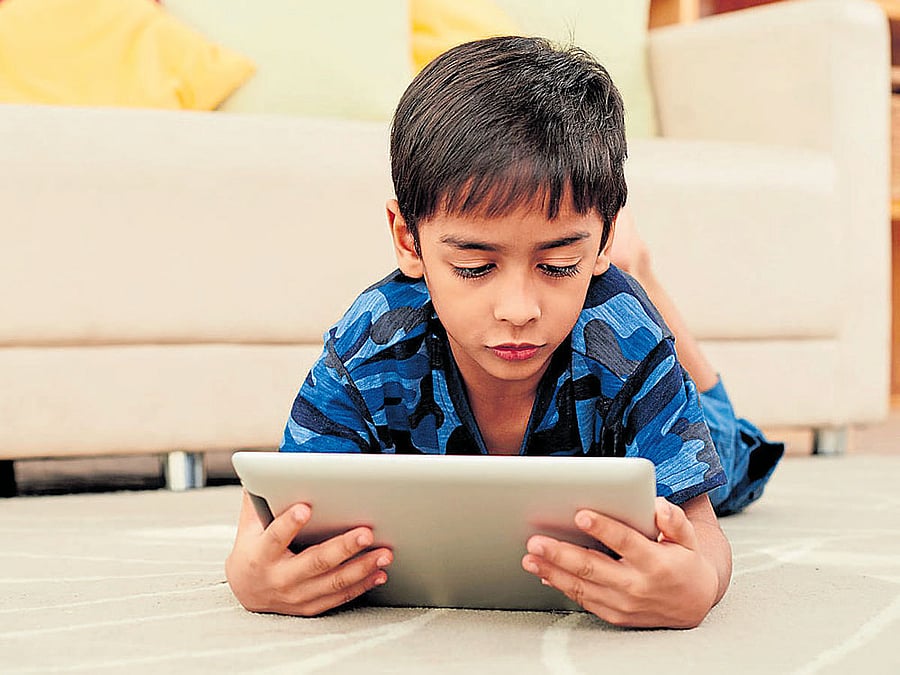
Bedtime habits have changed a lot since the introduction of smartphones and tablets and 84% of Indian parents allow their child to bring an internet-connected device to bed, according to a survey by McAfee, one of the world’s leading independent cybersecurity companies.
The recent global study, “New Family Dynamics in a Connected World,” said not only are parents concerned about who their children are interacting with online, they are also monitoring how much time they spend in front of a screen.
As high as 57% of Indian parents allow their child to have 1-2 hours of screen time per day, and 21% allow their child less than one hour a day.
The need for monitoring internet usage is real, though, with 54% of Indian parents claiming they have discovered that their child visited an inappropriate website, highest when compared to 13 other countries: Australia (26%), Brazil (45%), Canada (25%), France (41%), Germany (33%), Italy (33%), Japan (18%), Mexico (35%), Netherlands (26%), Singapore (37%), Spain (32%), U.S. (37%), U.K. (23%).
“In today’s connected world, parents play a crucial role to decide on the usage of technology and how it can influence their kids’ lives,” said Anand Ramamoorthy, Managing Director, South Asia, McAfee.
The report also points out that 50% of Indians stated that they have argued with their child about bringing a device to bed. Conversely, kids aren’t the only ones who are using devices when they shouldn’t: Approximately 71% of Indian parents surveyed also claimed that their child has called them out for being on their device during family time.
Indian parents understand the importance of talking to their children about the potential dangers on the internet, with roughly 93% having addressed the risks with their children at some point, says the survey.
The growing integration of connected devices in the lives of children is paving way for unique and hackable gateways for cybercriminals into the smart home network of consumers. Gartner forecasts that “there will be more than 10.5 billion ‘things’ in homes by 2020,” which, we believe, would further create a larger potential risk that the devices and personal data, that flow from them, can be compromised. While internet-connected devices offer consumers new opportunities, they can also come with some drawbacks and potential risks that can be the detriment of relationships.
